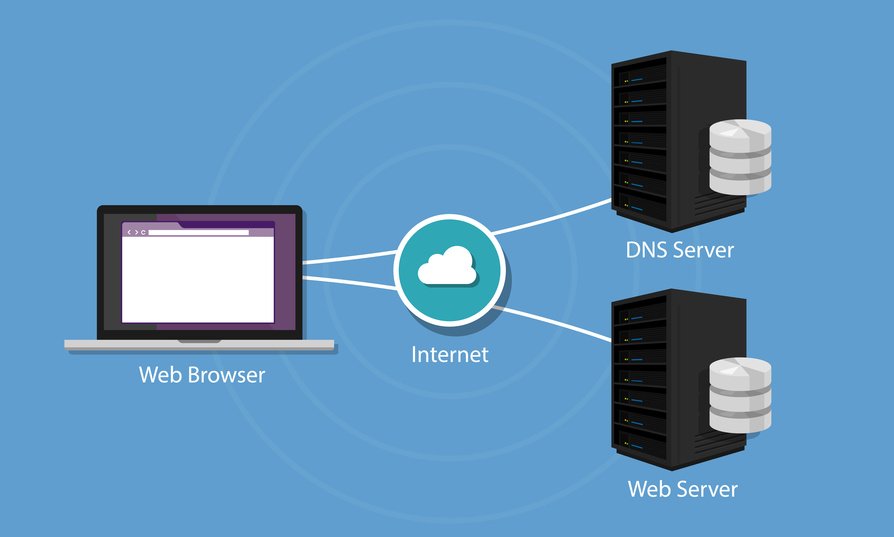We all keep badgering companies, small time businesses, and even individuals to create a website and publish relevant content. We make them read articles on search engine optimisation, writing good content, web design best practices, and social media integration. However, we never really got into discussing the more technical side of getting a website.
For instance, do you reckon a lot of people know about what DNS is? How about the DNS lookup feature? Why is it important and how can it affect your website? This is a backend detail that a website owner, especially ones who do not have a digital team to maintain the website, should know about.
In this article, we will give you the rundown on what you need to know to know about DNS.
Understanding DNS
DNS stands for Domain Name System. In basic terms, DNS is a protocol that translates familiar domain names, or what is called human-readable domain names, into an IP address that your browser can read called machine-comprehensible domain names. It is what connects your web server to the user and allow them to retrieve the information that they need from your website.
IP stands for Internet Protocol and its responsibility is to connect any device a person may use to visit a website to the Internet. Think of it as a systems that assigns labels to different electronic devices.
As an example, let us consider the Amazon website. The human-readable domain name of Amazon is amazon.com (extension can change depending on the country you are accessing the website in). That domain is translated into their IP address which is 72.21.215.90 – which is also called the machine-comprehensible domain name. So when you use 72.21.215.90 to access the Amazon website, that is the same as using the amazon.com domain. Which means that if a DNS fails, you can use the IP address to connect with the website you are trying to access.
The process behind it is simple: when you type the website URL on the browser, the device you use to connect to the Internet contacts the DNS server to find the associated IP address of the URL.
Complications you need to be wary of
DNS can be tampered with to fill in the incorrect information when a lookup or a search has been made. These are two categories: accidental poisoning and intentional poisoning.
Accidental poisoning will mean that your website will remain unreachable until you have resolved the issue. An intentional poisoning, on the other hand, will redirect your visitors to a dummy site where all the information they disclose on that site is in danger of being stolen by hackers and phishers.
There is also a thing as a Distributed Denial of Service attacks or DDoS. It is a well-coordinated attack by hacker groups whose purpose is to steal information to blackmail your or tamper with information as an act of protest. They use a technique called a syn flood – this is when they control hundreds or thousands of PCs, using them to target websites. Once connection has been made, it would be difficult to process actual requests from legitimate users.
Because it has been increasingly important to keep your website secure, make sure to read this article over when creating a website and make sure you know more about DNS, hosting, and all efforts you can take to keep your website safe from attacks.


